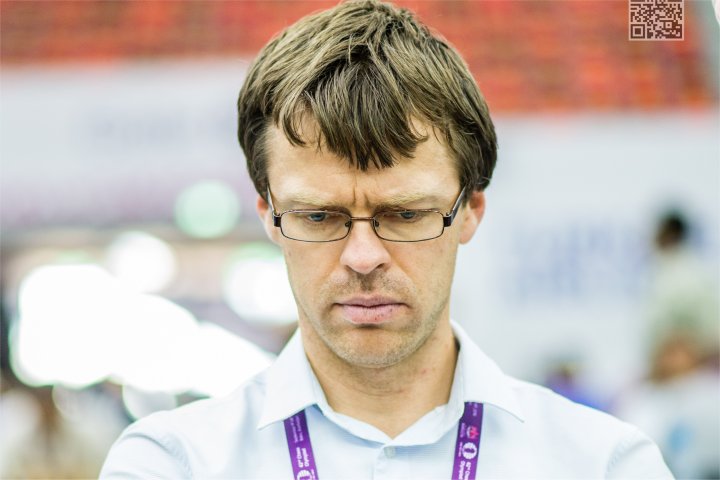


Attacking the King — for Experts
Ever since the beginning of chess, the assault on the king has had its own special magic; masterly attacking games, crowned by sacrifices and unforgettable combinations, have never ceased to attract and thrill the audience. On this DVD in FritzTrainer video format, Rustam Kasimdzhanov shows us that particularly the World Champions were outstanding attackers from who we can learn a lot. From Steinitz, Lasker and Capablanca to Fischer, Karpov and Kasparov, one exemplary attacking game is presented reflecting the individual playing attitude of each of these chess legends.
At Chess Olympiads the top matches obviously get the most attention. These matches decide who will win gold and these matches often feature the world's best players. However, not only the top matches lead to interesting games.
One case in point is the game between Baadur Jobava against Sarunas Sulskis played on board one in the match Georgia I vs Lithuania in round four of the Olympiad. Jobava is known for his creative chess and his unusual ideas but in this game it was Sulskis who set the pace.
The Lithuanian grandmaster surprised the creative powerhouse Jobava with one stunning sacrifice after the other. This led to one of the most unusual and most interesting games of the Olympiad in Batumi - if not the year.
From beginning to an end a truly remarkable game!